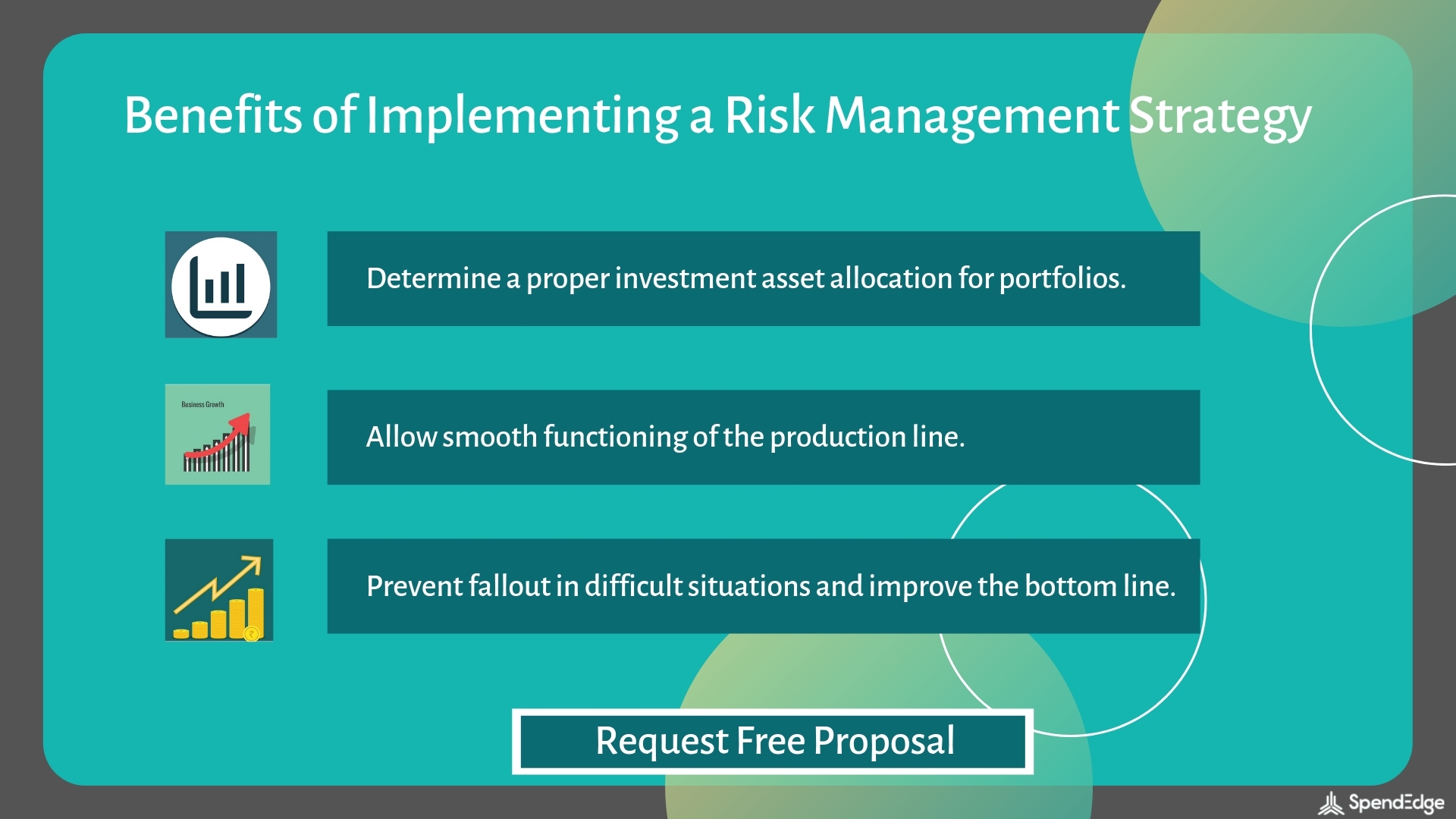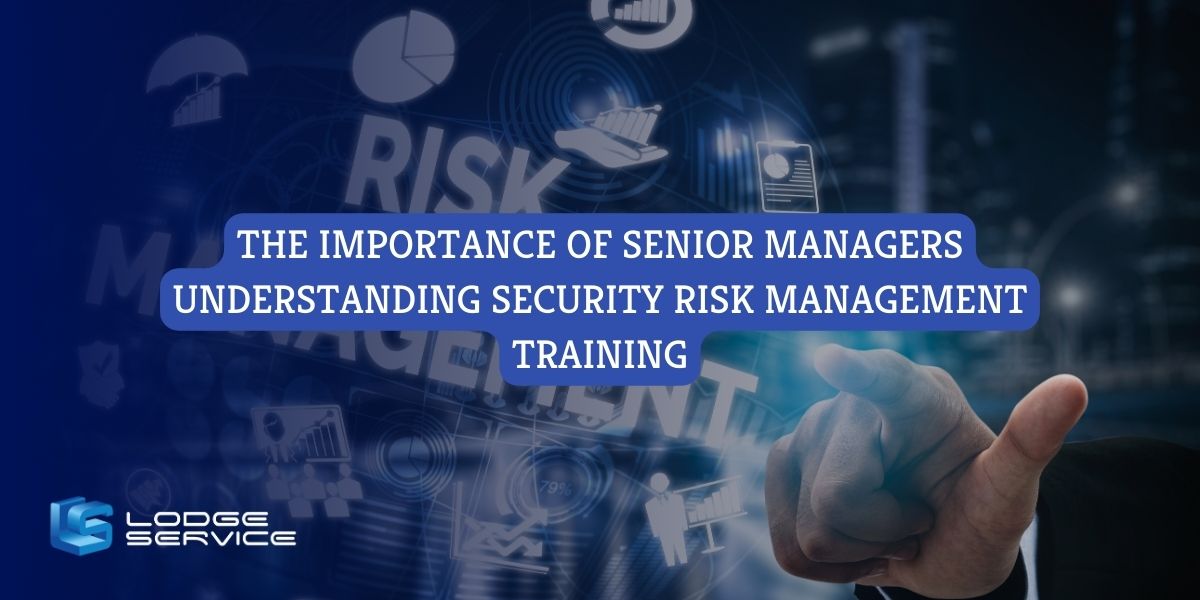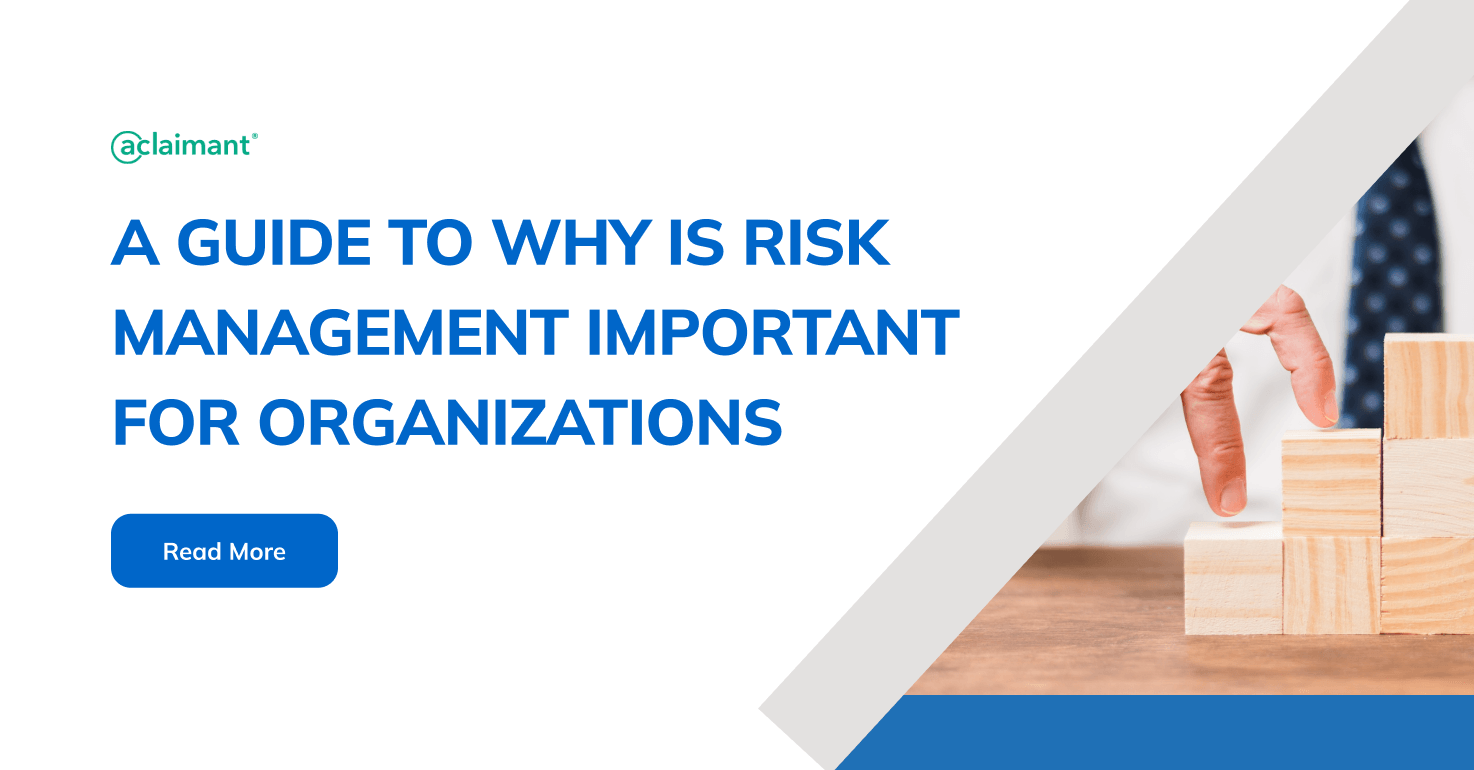Why Organizations Should Prioritize the Importance of Risk Management Now More Than Ever
Why Organizations Should Prioritize the Importance of Risk Management Now More Than Ever
Blog Article
Checking out the Value of Risk Management for Effective Decision-Making Strategies
In the complex globe of company, Risk Management emerges as an essential factor in the decision-making process. The ability to recognize possible threats and possibilities, and strategize appropriately, can mean the distinction in between success and failing.
Understanding the Concept of Risk Management
Risk Management, an important element in decision-making, is typically misconstrued or oversimplified. Typically, it describes the identification, assessment, and prioritization of dangers to minimize, keep track of, and manage the chance or influence of unfortunate occasions. It's not merely concerning stopping negative outcomes, yet also concerning recognizing possible chances. Risk Management entails regimented and organized methods, utilizing data and insightful evaluations. It calls for an extensive understanding of the company's context, objectives, and the possible dangers that can prevent them. From economic uncertainties, legal obligations, critical Management mistakes, to crashes and all-natural catastrophes, it attends to different threats. Significantly, effective Risk Management is not stagnant; it's a continuous, forward-looking procedure that progresses with altering conditions.
The Function of Risk Management in Decision-Making Processes
In the realm of tactical preparation and service procedures, Risk Management plays an important function in decision-making processes. Risk Management therefore ends up being an essential tool in decision-making, aiding leaders to make educated selections based on a comprehensive understanding of the threats involved. Risk Management offers as an essential component in the decision-making processes of any company.

Just How Risk Management Boosts Strategic Preparation
In the context of strategic planning, Risk Management plays a critical duty. Launching with the identification of prospective threats, it additionally includes the implementation of Risk reduction procedures. The duty of Risk Management is not fixed but vibrant, as it demands constant monitoring and adjusting of methods.
Identifying Possible Risks

Executing Risk Mitigation
Risk reduction methods can range from Risk avoidance, Risk transfer, to take the chance of reduction. Each approach should be customized to the specific Risk, considering its possible effect and the company's Risk resistance. Reliable Risk reduction needs a deep understanding of the Risk landscape and the possible influence of each Risk.
Surveillance and Adjusting Strategies
Though Risk mitigation is a vital step in strategic planning, continuous tracking and adjustment of these methods is equally important. It also gives an opportunity to review the success of the Risk Management my blog steps, permitting modifications to be made where needed, additional boosting tactical preparation. Surveillance and changing Risk Management methods is a critical part for enhancing a company's durability and tactical preparation.
Situation Researches: Effective Risk Management and Decision-Making
On the planet of service and finance, effective Risk Management and decision-making often work as the columns of prosperous ventures. One such entity is an international oil company that reduced economic loss by hedging against changing oil costs. In another circumstances, a technology startup prospered by determining and accepting high-risk, high-reward methods in a volatile market. A global bank, faced with governing uncertainties, efficiently browsed the situation through proactive Risk evaluation and vibrant decision-making. These situations highlight the worth of astute Risk Management blog in decision-making procedures. It is not the lack of Risk, yet the Management of it, that commonly distinguishes effective firms from unsuccessful ones. These situations emphasize the essential duty of Risk Management in strategic decision-making. importance of risk management.
Tools and Methods for Effective Risk Management
Browsing the elaborate maze of Risk Management calls for the ideal collection of devices and strategies. These tools, such as Risk registers and warm maps, aid in determining and analyzing prospective threats. Techniques consist of both quantitative methods, like sensitivity evaluation, and qualitative techniques, such as SWOT evaluation. These help in focusing on threats based upon their possible effect and possibility. Risk reaction methods, an essential part of Risk Management, entail accepting, staying clear of, transferring, or mitigating dangers. Surveillance and managing threats, with routine audits and testimonials, make certain that the methods continue to be reliable. With these tools and methods, decision-makers can navigate the complex landscape of Risk Management, thereby helping with informed and efficient decision-making.
Future Trends in Risk Management and Decision-Making Approaches
As we discover the vast landscape of Risk Management, it comes to be evident that the techniques and tools used today will certainly continue to develop. The principle of Risk society, where every member of a company is conscious and entailed in Risk Management, will certainly gain a lot more prominence. These patterns declare a more proactive and comprehensive approach in the direction of Risk Management and decision-making.
Verdict

Risk Management therefore becomes a vital device in decision-making, aiding leaders to make informed selections based on a detailed understanding of the threats entailed. Risk mitigation techniques can vary from Risk avoidance, Risk transfer, to run the risk of reduction (importance of risk management). Efficient Risk mitigation requires a deep understanding of the Risk landscape and the potential influence of each Risk. Risk reaction strategies, a crucial element of Risk Management, include approving, staying clear of, transferring, or mitigating risks. The concept of Risk culture, where every participant of a company is conscious and entailed in Risk Management, will certainly obtain extra prominence
Report this page